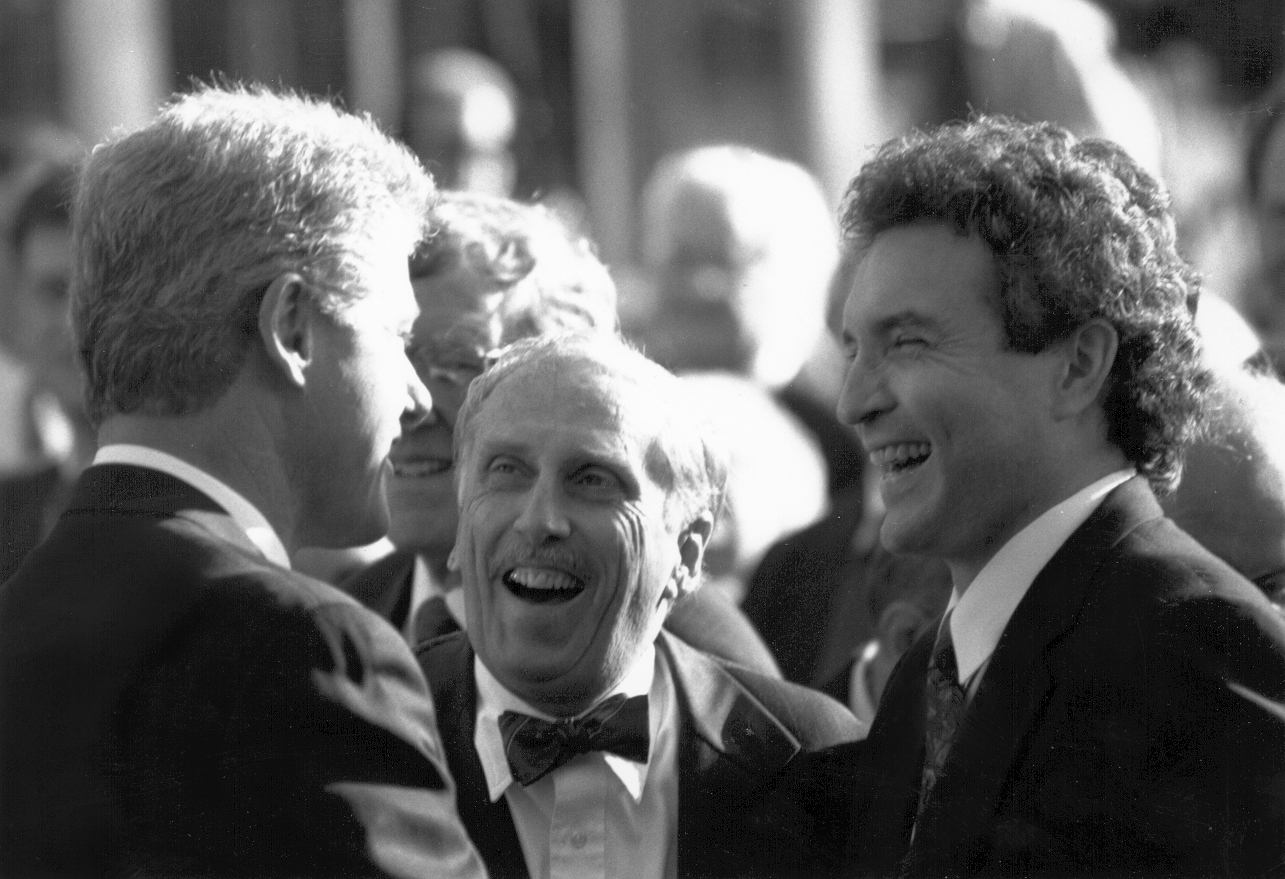Mission & History
The BJC’s mission is to defend and extend God-given religious liberty for all, furthering the Baptist heritage that champions the principle that religion must be freely exercised, neither advanced nor inhibited by government.
istory of the Baptist Joint Committee
 The BJC traces its roots to 1936 as the Southern Baptist Committee on Public Relations, which was chaired by Rufus Washington Weaver. He also chaired a similar committee of the Northern Baptist Convention (now called American Baptist Churches USA). When the Northern Convention declared its desire to work jointly, the committees began working together under Weaver’s leadership in Washington. Weaver also worked to include the predominantly African-American National Baptist Convention USA Inc. in combined efforts.
The BJC traces its roots to 1936 as the Southern Baptist Committee on Public Relations, which was chaired by Rufus Washington Weaver. He also chaired a similar committee of the Northern Baptist Convention (now called American Baptist Churches USA). When the Northern Convention declared its desire to work jointly, the committees began working together under Weaver’s leadership in Washington. Weaver also worked to include the predominantly African-American National Baptist Convention USA Inc. in combined efforts.
The decision by three Baptist organizations to work together created a new model. They wanted a joint Baptist witness, and in 1946 the Joint Conference Committee on Public Relations opened a permanent office in Washington, D.C. Throughout its history, the supporting bodies changed and grew, and the BJC is now sponsored by several Baptist groups in the United States.
In September of 2004, the board of directors voted to change the organization’s name to the Baptist Joint Committee for Religious Liberty (from the Baptist Joint Committee on Public Affairs) to more accurately reflect its singular focus on religious liberty issues. The BJC continues to espouse the Baptist commitment to religious liberty and the separation of church and state, filing briefs in the U.S. Supreme Court, working with Congress and the administration, and engaging in a variety of education efforts. For more on the work of the BJC, visit our Frequently Asked Questions page or read our 75th anniversary booklet.
Additional resources on BJC history:
On Guard for Religious Liberty: Six Decades of the Baptist Joint Committee
By Pam Parry
A History of the Baptist Joint Committee on Public Affairs
By Stan Hastey, 1973 doctoral dissertation
BJC=JMD2: The Contributions of Joseph M. Dawson and James M. Dunn to the Baptist Joint Committee
By J. Brent Walker




